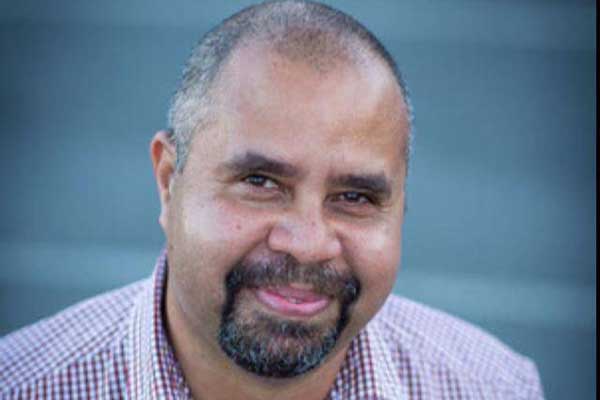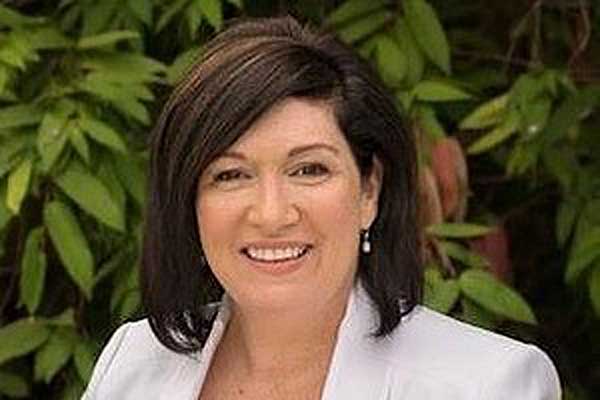Queensland elected two Aboriginal MPs in a historic victory over the weekend, and both have made public statements to resolve an enduring injustice that successive Labor governments have failed to address… the hundreds of millions of dollars stolen from Aboriginal workers under past protectionist policies.
Leeanne Enoch on the weekend became the first Aboriginal woman elected to state Parliament, when she tore the LNP-safe seat of Algester from the incumbent Anthony Shorten with an unprecedented 17.1 percent swing.
Billy Gordon became the second Aboriginal man to win a seat in state Parliament in the diverse electorate of Cook, which takes in parts of Cairns, as well as Cape York and Torres Strait, and has the highest Indigenous population in the state. The only other Aboriginal person to win a parliamentary seat in the state’s history was the Nationals MP Eric Deeral, in the same electorate from 1974 to 1977.
While the stolen wages scandal had almost died under the Newman government, Enoch and Gordon have both made public commitments to work to resolve the issue if Labor forms minority government.
Ms Enoch told New Matilda the “unprecedented” election of two First Nations candidates was not a personal achievement but “something that all Queenslanders had contributed to, that all Aboriginal and Torres Strait Islander families and communities across the state can feel proud of”.
Labor stood three Aboriginal candidates at this election – including Cheryl Thompson in the seat of Gregory.

But although Ms Enoch said she felt a responsibility to Aboriginal and Torres Strait Islander communities, she also had to strike a balance in representing her electorate in south Brisbane.
“We understand there’s going to be this other expectation, but just having Aboriginal and Torres Strait Islander people inside the political process, and to bring out our perspective to every aspect is a huge step in the right direction,” Ms Enoch told New Matilda.
Last June, Mr Gordon, speaking on the issue of stolen wages, told the National Indigenous Radio Service “this fundamental grievance… needs to be settled once and for all in a way that is satisfactory and deserving and has some justice about it”.
New Matilda was unable to contact Mr Gordon at the time of press.
The Queensland government controlled the wages of Aboriginal and Torres Strait Islander workers from the early 20th century to around 1972. In the mid-80s, Indigenous workers were still being paid below their non-Indigenous counterparts under the Joh Bjelke-Petersen government.
The lost wages were channelled into trust accounts, and in thousands of cases simply disappeared. The conservative estimate for the amount stolen sits at around $500 million.
Despite the scale of the scandal, in 2002 the Beattie government announced a $55.4 million take-it-or-leave-it reparations fund, in an attempt to settle the debt. The maximum amount a person could claim was $4,000.
The offer was widely seen as an insult, with many stolen wages victims refusing to accept the lump sum payments in exchange for what for some was a lifetime of wage theft.

By 2008 there was $21.2 million leftover in the reparations fund. Premier Anna Bligh again angered victims by announcing the leftover reparations money would be funnelled into an Indigenous education fund, along with $10.8 million leftover from the Aborigines Welfare Fund (AWF), which was frozen under the Goss Labor government.
An ongoing campaign for justice was led by the Queensland Council of Unions, along with Aboriginal and Torres Strait Islander claimants throughout the state.
Ms Enoch previously worked with the QCU and knows the scandal intimately.
With no way left to turn, the QCU was forced to the courts, taking the case of Uncle Conrad Yeatman of Yarrabah to the District Court which agreed to a permanent stay filed by the Queensland government, stating there was insufficient evidence and no living witnesses to continue.
Ms Enoch told New Matilda “we were all horrified” at the loss of the test case.
“We tested as a way to mount a case maybe looking at returning the wages of all people who had their wages stolen, but without the opportunity to go in that direction, (the QCU) and the Aboriginal and Torres Strait Islander Working Groups across the state all agreed it wasn’t the best outcome.
“The next best outcome would be having the reparations fund reopened and seeing that $21 million returned.”
Labor announced it would re-open the fund if it manages to form government last week.
Despite the Beattie Labor government offering the offensive deal in the first place, re-opening the reparations fund was a suggestion the LNP refused outright.
“They said absolutely not. The whole issue of stolen wages was done and dusted and they wouldn’t be reinvesting in that issue,” Ms Enoch said.
While the re-opening of the reparations fund was welcomed by the QCU, it is still a far cry from justice given the amount of money stolen. And the commitment still falls well short, according to the nation’s preeminent historian on the issue.
Historian Ros Kidd, who was instrumental in uncovering the depth of the scandal told the National Indigenous Radio Service that it was nothing more than a fulfilment of a broken promise under the Beattie Labor government.
“This $21 million will at least pay out in full that $55 million promised by Beattie 13 years ago but that is not a step towards justice,” Dr Kidd told NIRS.
“It is a step towards honouring the promise of a Labor premier 13 years ago that has never been honoured”.
Donate To New Matilda
New Matilda is a small, independent media outlet. We survive through reader contributions, and never losing a lawsuit. If you got something from this article, giving something back helps us to continue speaking truth to power. Every little bit counts.



